Review of You Are What You Eat: Vegan Propaganda or Not?
By Sander Kers• January 30, 2024• 7 min•Nederlands 🇳🇱
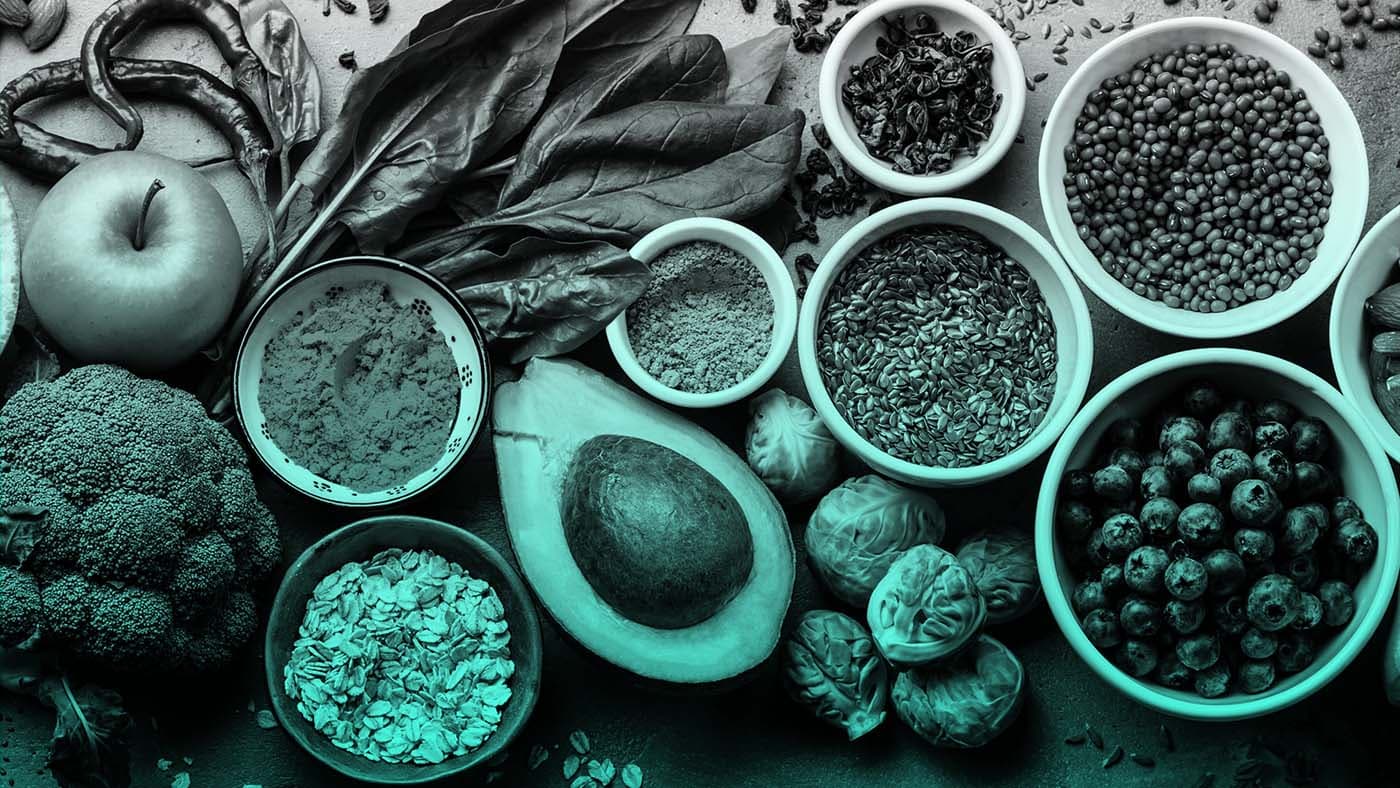
You Are What You Eat, a Twin Experiment – What's True and What's Not?
If you eat a donut, do you become a donut? And if you eat broccoli, will you start looking like broccoli? What's the real deal with the Netflix documentary You Are What You Eat – a Twin Experiment?
That's exactly what I'm trying to uncover in this article. Is a vegan diet as superior as the documentary makes it seem, or is there more to the story?
Overview of the Review of the You Are What You Eat Doc
This review discusses the twin experiment called You Are What You Eat, divided into two sections. The first part examines the actual research. What are the findings in the documentary compared to the data from the study itself? The second part addresses the strong bias against meat and the meat industry.
Where Do I Stand?
You learn the most from someone with a different opinion, not just repeating what you see in the documentary. Unlike the lead researcher of the Twin experiment, I'm not a convinced vegan and I'm not here to persuade you that it's superior. Everyone should eat what they want and be convinced of their diet. My goal is to scrutinize the documentary and help you make more thoughtful choices.
Personally, I'm a big advocate of including more vegetables, fruits, legumes, and nuts in diets. Typically, this leads to a diet lower in total calories and richer in vitamins, minerals, and fibers. I also love meat, cheese, eggs, and dairy products. I eat meat 3-4 days a week, down from 6 or 7, and the portions are smaller now. Do you love meat more than I do? Great! Less? That's fine too!
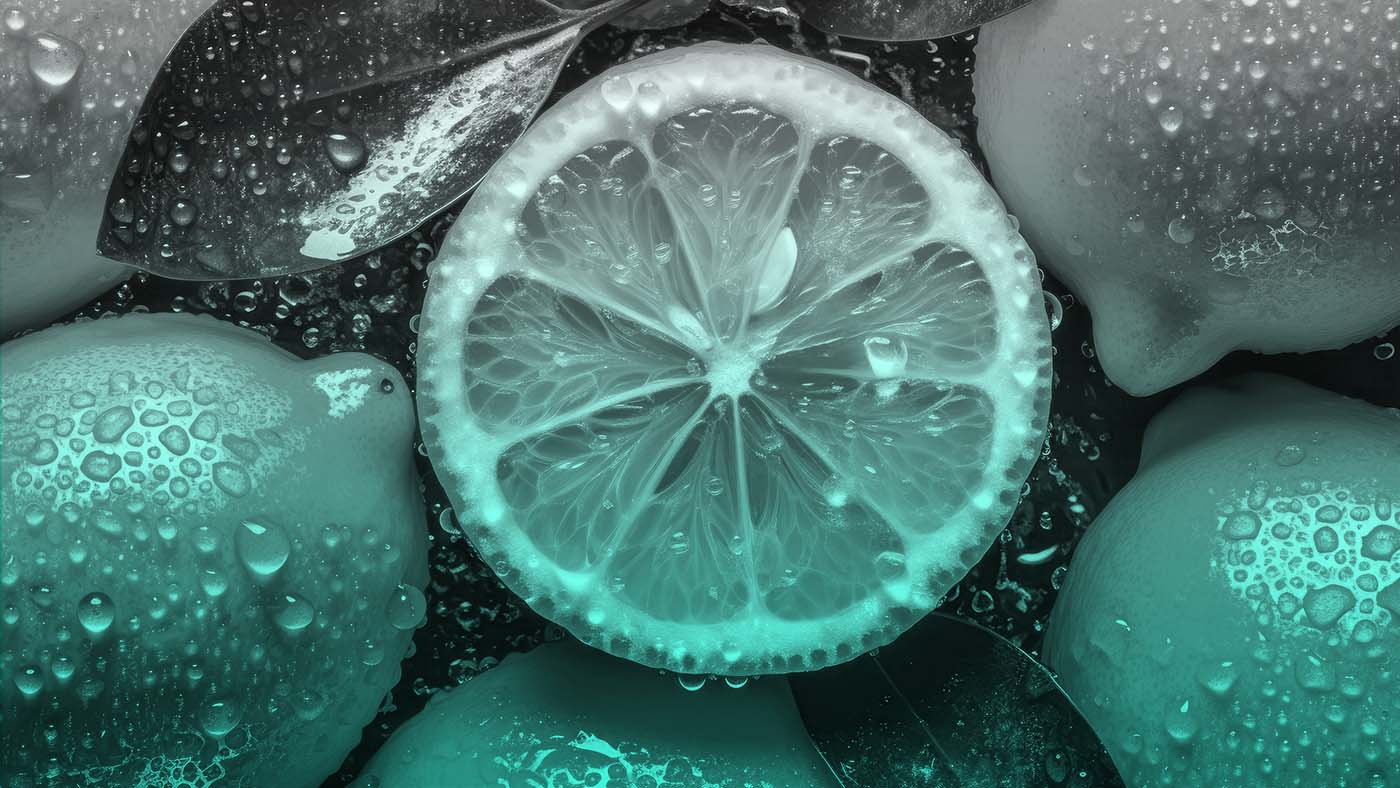
Claims from the Documentary and Results from the Actual Study
Here's the link to the original study, which I'll be referring to throughout. In the Netflix documentary, you only see glimpses of this, highlighting only the aspects favorable to vegans. Let's start with the facts: You Are What You Eat is not as factual as you might think. The study involves 22 identical twins, with 21 completing the 8-week study. This may seem like a large and reliable test group, but in reality, it's a small sample size and a very short term. Good nutritional research is difficult and typically requires a much longer term to make substantial health claims. Keep in mind that the study group is small and 8 weeks is too short to draw significant conclusions.
Brief Explanation of the You Are What You Eat - Twin Experiment Setup
In the You Are What You Eat study, half of the twins are given a purely vegan diet, and the other half a healthier omnivorous diet (including meat) than before. As far as I can tell, none were vegans before the study. For the first 4 weeks, all meals are provided, and in the last 4 weeks, they try to maintain their assigned diets independently. Blood tests and body metrics, including weight, are recorded before and after the study. It seems only the 4 twins featured in the documentary get a personal trainer to assist with their training program.
TERMINOLOGY:
Vegan diet: a diet consisting only of plant-based ingredients, meaning no dairy products or eggs.
Healthier omnivorous diet: a diet including both plant and animal ingredients, meaning meat, fish, dairy, and eggs. The diet during the study period is healthier than before, interpreted here as including more vegetables, fruits, and legumes.
You Are What You Eat: One-Sided Propaganda About the Benefits of Being Vegan
The fourth episode of the series, by sharing test results, clearly suggests that a vegan diet is superior to an omnivorous one. But does what you see in the documentary align with the actual research?
The benefits of the vegan diet highlighted in the 'documentary' are:
1. Those on a vegan diet lose an average of 1.5 kilograms more weight in 8 weeks. This is also stated in the study. What isn’t shown is the details of the diets. Before the study, participants were consuming an average of 2000 kcal daily. During the 8-week study (including the first 4 weeks where all food was provided), vegans consumed an average of 1650 kcal per day and omnivores 1850 kcal. That’s 200 kcal less every day for 8 weeks in the vegan program. In total, they consumed 11,200 kcal less. Each kilogram of weight loss is about 7000 kcal… Guess where that 1.5 kg weight loss in vegans comes from?
2. LDL cholesterol significantly improves in the vegan test group. What you don’t see on Netflix, but is in the study, is that this cannot be separated from the 1.5 kilograms of (fat) mass they lost. Moreover, all participants had healthy LDL cholesterol levels initially, and the omnivorous group maintained theirs.
3. The insulin level decreases more in the vegan group. This does indicate something about blood sugar and sugar fluctuations, but the omnivorous group also had healthy levels, and their insulin levels did not increase.
4. TMAO, a substance I had to look up. Higher TMAO levels are thought to possibly increase the risk of heart and vascular diseases and are found mostly in animal products. In the Netflix episode, it's loudly proclaimed that this is much lower in the vegan group. What does the study say? That there is no significant difference, and chance plays a major role in this finding.
5. Focusing on the N=8 test group shown in the series (4 twins equals 8 test subjects), where in the final episode, 2 women (N=2) are compared. In 8 weeks, the vegan woman lost nearly 7 pounds of muscle mass, and the omnivore 4 pounds. However, since the omnivore gained a bit of fat mass, that was spotlighted (overshadowing the significant muscle loss in the vegan). The lady presenting the test results was far from gentle in her words. “Tsk! You must have eaten too little, leading to muscle loss. Remember, if you don’t consume carbohydrates, you can only burn proteins, not fats.” I find myself getting a bit angry typing these sentences. How can someone say this when you’re giving the women diets of 1650 and 1850 kcal respectively? And why can't you burn fats then? I’d call her Ms. Superframing, and I blame Netflix for broadcasting this.
The Benefits of Eating Meat Barely Mentioned
I want to reiterate that I am a proponent of including lots of vegetables, fruits, legumes, and nuts in your diet, as they likely have a very positive impact on your health. In the first episode, the benefits of animal products (including vitamin B12, iron, calcium) versus a vegan diet were shown. My first thought was: why not just combine both in a diet? The ultimate diet with all the benefits, so to speak. That aside, what you don’t find in You Are What You Eat:
1. The documentary implies there’s little difference in vitamin B12 levels between vegans and omnivores. True, at the end of the 8 weeks, vegans had 470 pg/ml of vitamin B12 in their blood and the omnivorous group an average of 492 pg/ml. What you don’t know is that the vegan group, coincidentally or not, started the study with a level of 590 and the omnivorous group with 492. This means that the vitamin B12 level stays the same for omnivores but the vegan group loses a whopping 120 pg per milliliter in 8 weeks! That’s over a 20% reduction. Why isn’t this clearly stated? It’s not unusual for this to happen, right?
2. Only in the TV series is lean body mass, effectively muscle mass, measured. The test group is therefore N=8, and we have to, albeit skeptically, believe the numbers stated. But then you see that it’s much easier to maintain muscle mass on an omnivorous diet. Fortunately, this quote from one of the twins, where the difference in muscle mass gain was significant compared to his vegan brother, stands out: “Yes, you’re really into weight training, and your little brother works out at home.” And we as viewers are supposed to think, “Oh, that makes sense.” I want to emphasize that strength training is extremely effective for muscle mass and strength.
3. Triglyceride levels, simply put as fat, increase in the vegan group and decrease in the omnivorous group. This difference is not significant, but the ‘documentary’ did not hesitate to mention the non-significant benefits of the vegan diet.
4. Also not a significant difference, but a trend, is that the ‘good cholesterol’ HDL goes down in the vegan group and remains the same in the omnivorous group. Read below for more on how cholesterol actually works.

How Cholesterol Works
Cholesterol is often labeled as something evil. It's known for clogging blood vessels and increasing the risk of heart and vascular diseases. That's true, but cholesterol is also a vital substance in the body. It's the foundation of many hormones. Without cholesterol, you wouldn't exist. However, it's generally advised to keep the so-called 'bad cholesterol', LDL, low in your blood. Thankfully, exercising greatly helps with this. Exercise activates enzymes that transport LDLs from the blood to the liver. The liver then converts this "bad" cholesterol into bile, and guess what, bile aids in the digestion of fats. So, you need cholesterol to digest fats properly.
Physical activity also increases the size of the lipoprotein particles that carry cholesterol in your blood. The larger these particles are, the less likely they are to stick in small tears in blood vessels for example, reducing the chance of plaque buildup. This isn't the only way to reduce the risk of plaque formation. A healthy lifestyle with plenty of exercise, a balanced diet, low body weight, minimal stress, no smoking, and adequate sleep lowers blood pressure and reduces the risk of plaque formation. A reduction in risk doesn't guarantee it won't form, and what's already there won't just disappear. Ultimately, your genes also play a role.
Do you want to move more for better health? Start with a smart feel fit plan!
Claims About Milk, Cheese, and Metabolism
Two other remarks stood out to me. Remember, I'm not a nutrition expert, and there might be even more that caught the eye of experts. Firstly, it was mentioned in passing that milk can cause prostate cancer. There might be a link between high milk consumption and prostate cancer, but there's no causal relationship or convincing evidence. Milk might even protect against other types of cancer, but that's not mentioned (or deliberately omitted). Cheese is also said to be addictive for reasons I couldn't follow. In literature, however, there is no evidence supporting this. But in a world of fake news, one more lie in a ‘documentary’ doesn't seem to make a difference.
Questions I Asked Myself While Watching You Are What You Eat
I realize this article is getting long, but I'm going to wrap it up. I had several questions while watching.
1. What exactly did the diet of both groups consist of? As mentioned earlier, the vegan group consumed about 1650 kcal and the omnivorous group 1850 kcal. The omnivores ate more vegetables than before and a normal to small portion of animal products. Watching the documentary, though, gave me the impression they were consuming heaps of meat.
2. Why did the N=4 omnivores from the series perform worse than their initial data? Wasn't their diet healthier and lower in calories than before the study?
3. The reaction of the personal trainer to a vegan man's comment about struggling to eat more to build muscle mass... “You just need to eat more as a vegan.” Yes, that was his problem. It's just harder to meet your caloric needs with a vegan diet.
4. Why not just a diet with all the benefits, I thought from beginning to end? Essentially like the omnivorous diet in the study, but supplemented up to 2000-2500 calories with even more plant-based and unprocessed products (not imitation burgers), as you hear more about these days.
Sex is Better If You're Vegan…
The last point before I briefly summarize my findings on the anti-meat lobby. The sexual excitement in vegans has increased much more than in omnivores. Mind you, N=4 (2 vegans and 2 omnivores) and no account is taken of all other possible factors. For example, sleep, exercise, number of days without sex, acclimation to the study, etc. The omnivores experienced a 260% increase in their excitement and the vegans over 300%. Those are all remarkably high numbers if you ask me, and I wonder why it increased so much for everyone. The diet of the omnivores didn't show more positive results than their starting measurements in almost any other metric.
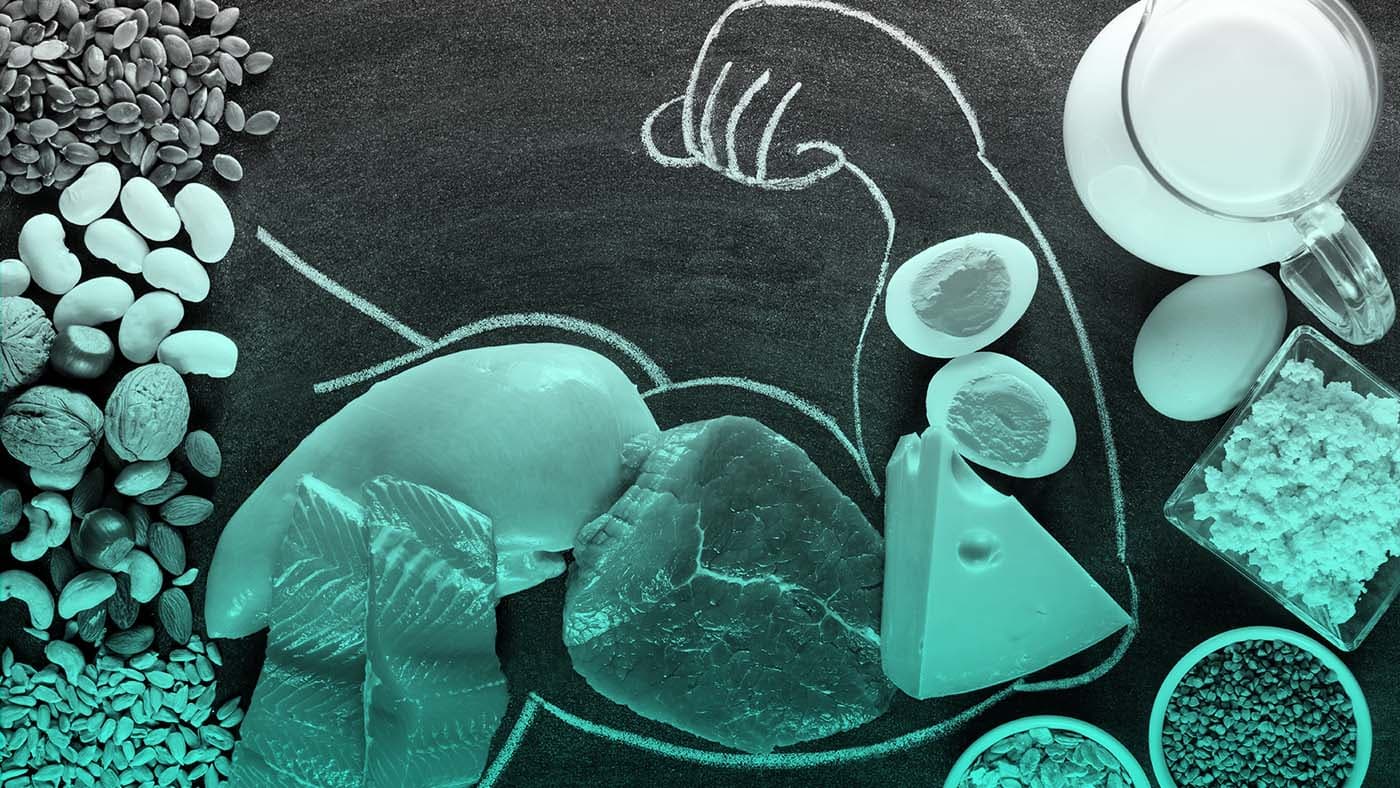
You Are What You Eat: The Vegan Propaganda
Now, let me briefly share my opinion on everything in the documentary that wasn't related to the research. I've rarely been as relieved as I was when the last minute of episode 4 of You Are What You Eat was over. What started as a semi-serious study led by a very convinced vegan (which I don't necessarily mind, as passion for research must come from somewhere), quickly turned into an anti-meat crusade. Meat isn't bad. Meat is the devil! In an era of social media echo chambers and clickbait headlines from mainstream media, I understand that exaggeration is used to make an impact... but this documentary deserves a propaganda Oscar in my view.
Crusade Against Meat Consumption
These days, to grab attention, you need to exaggerate. I have no problem with that. However, don't tie such a crusade against meat consumption to a study like this. I felt like I spent 75% of the time watching horrible images of animal suffering, listening to animal activists, vegan politicians, and an old poultry barn builder. It seemed like the meat substitute company had bought substantial advertising space, interviewing only yes-men about how tasty their products were. That's all fine, but leave the study out and call the documentary "Why You Shouldn't Eat Meat." What I really admired, though, was how a three-star chef completely switched from meat to vegan, stuck his neck out for the vegan industry, and was rewarded with 3 stars again. How cool is that!
Meat Consumption Versus Overconsumption
Let me start by saying I find the images of animal suffering terrible, and I hope (and think) things are a bit better in the Netherlands. However, I find the way this documentary misuses such a study for an anti-meat campaign inappropriate. Let everyone decide for themselves and inform them openly and honestly. I believe, and this is my opinion, that based on all climate and nutrition studies, it's a good idea to eat less meat (and a bad idea to stop altogether due to nutritional reasons). A much smarter idea for public health, I think, is to stop overconsuming. More than half of the (Western) world eats too much, and that's evident on the scales. If no one gained weight and thus ate less, imagine how much food production we'd save? That would automatically mean eating less meat.
Vegetables, the Devil
Now, I'm going to exaggerate a bit, You Are What You Eat style. Humans should never eat vegetables because they cause all kinds of scary diseases. In fact, vegetables have no nutrients at all. Imagine a cauliflower field with smoking chimneys of heavy industry in the background. Zoom in on the cauliflowers, and you see various pests eating them. Fortunately, someone comes along and sprays a hefty dose of poison, making the cauliflower grow faster. After the harvest, new cauliflowers immediately grow back, over and over. You see fewer cauliflowers growing each time, and they get smaller. Meanwhile, the soil transforms from rich dark clay-like ground to a barren desert. What are you if you eat that? A vitamin-poor climate criminal.
Conclusion
In conclusion, let's try to inform each other more honestly and accept each other's choices. I feel that in the Netherlands, we're doing quite well with our food transition. You are what you eat, and let's mutually accept that.
START TRAINING SERIOUSLY
Discover new training methods based on scientific knowledge, improve your form and technique and seriously track your fitness goals.
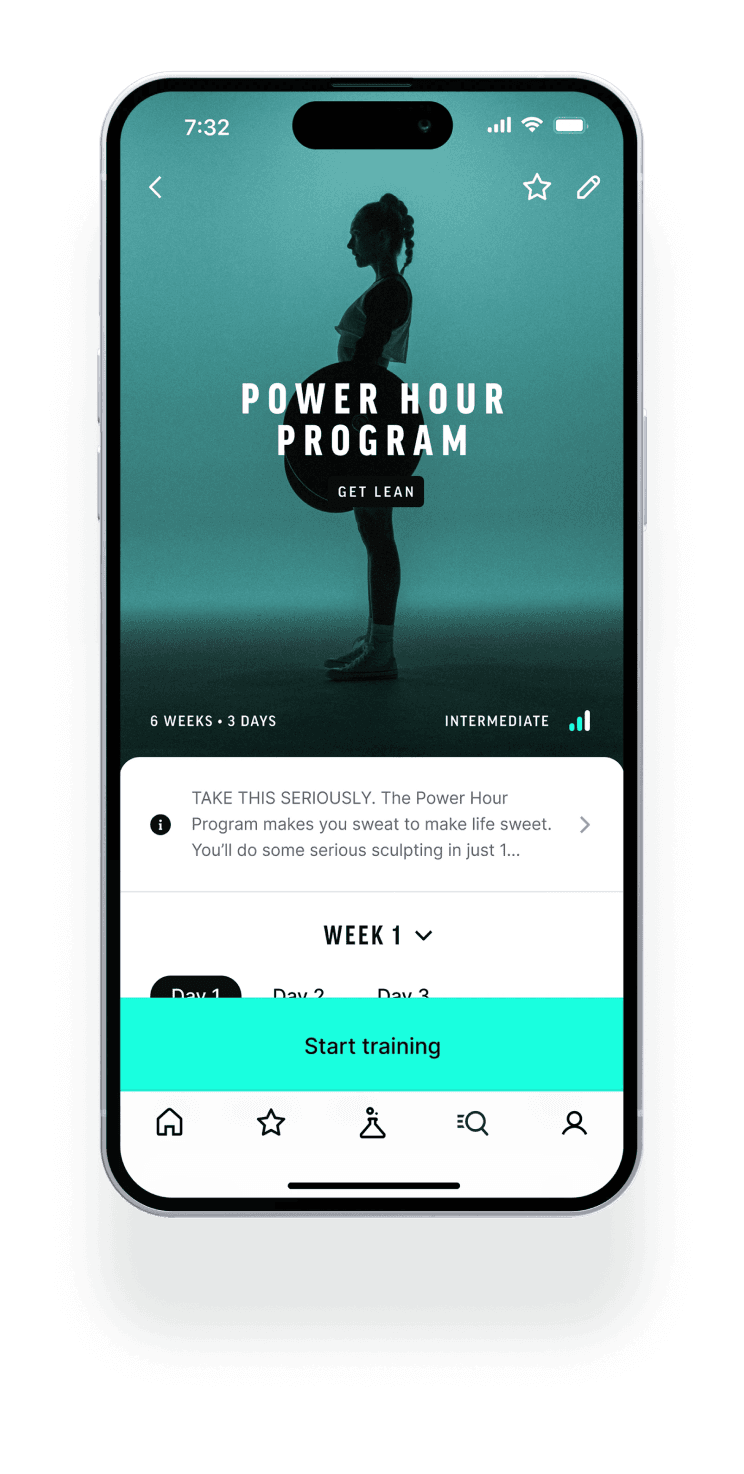
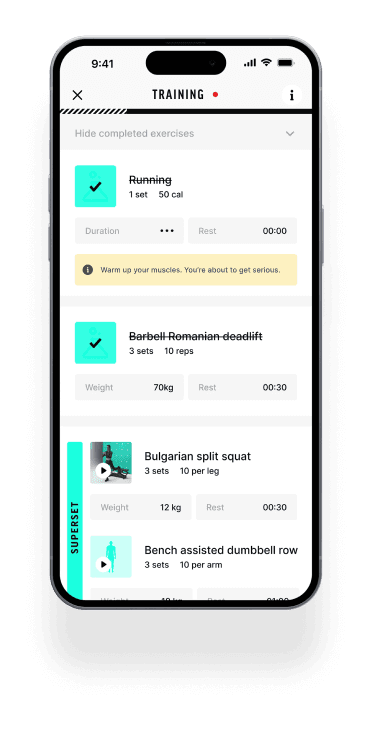
Scan the code on your phone to download the app in the Apple appstore.

Of gebruik seriousfitnesslab.com/download